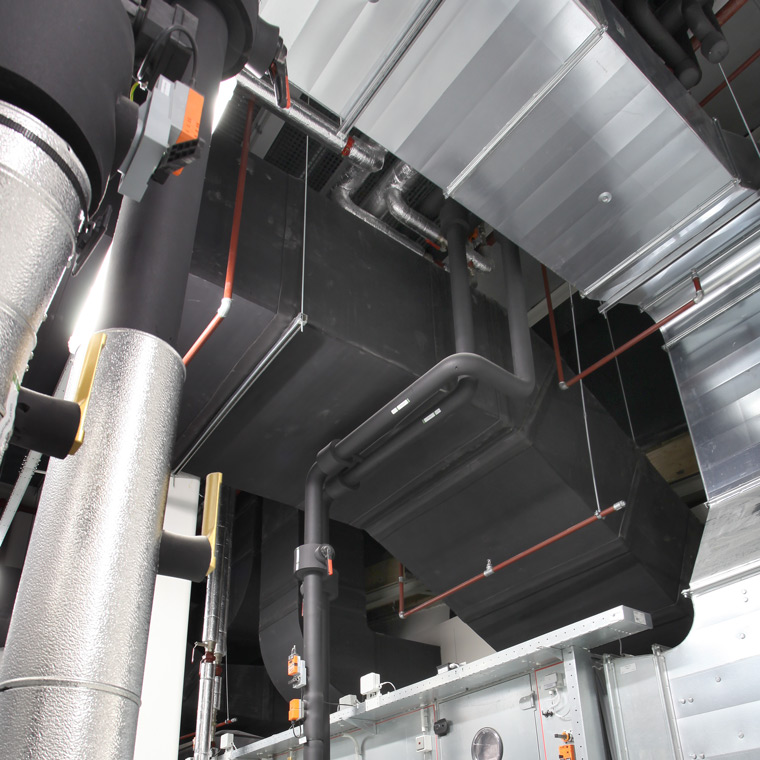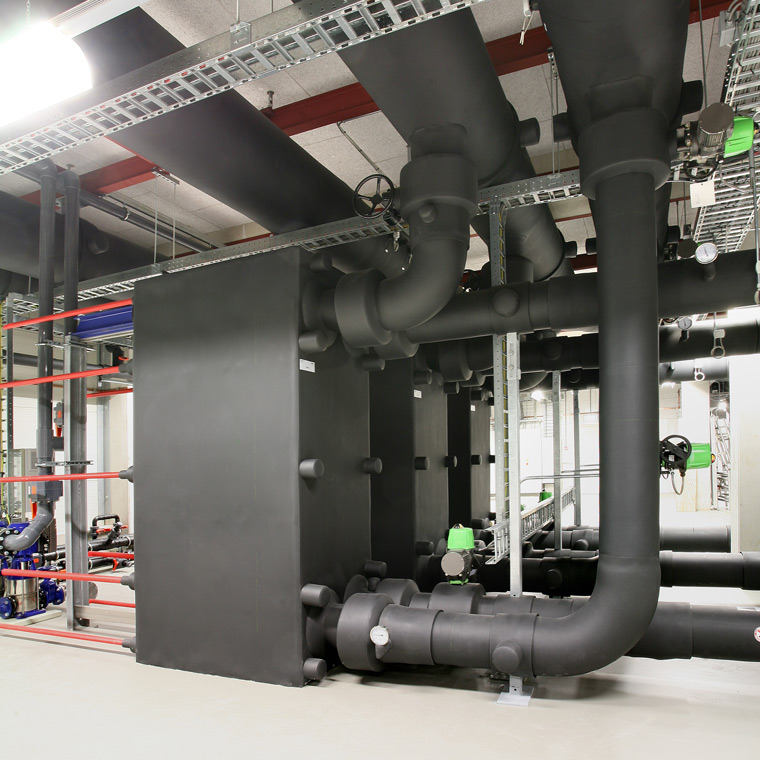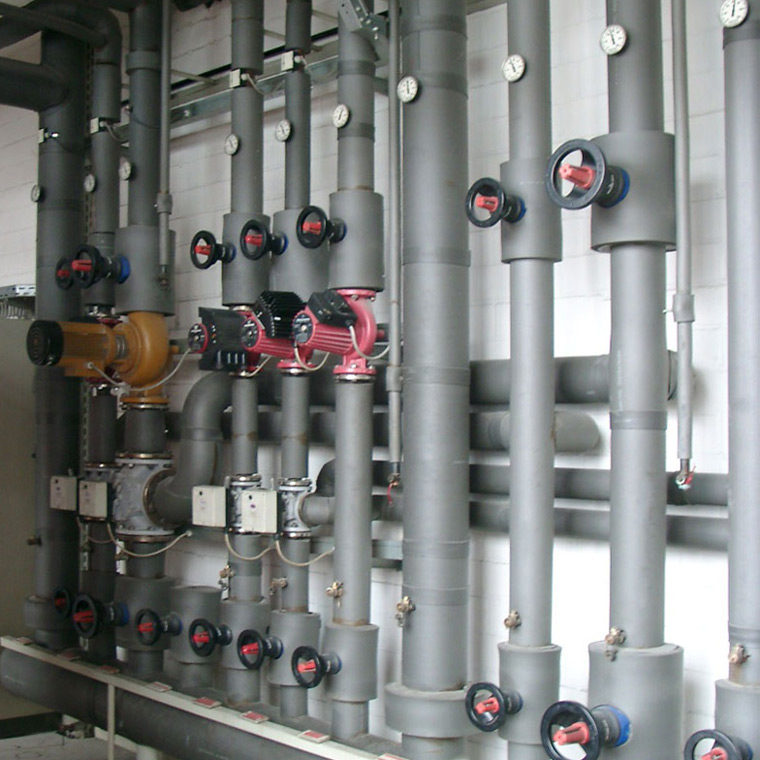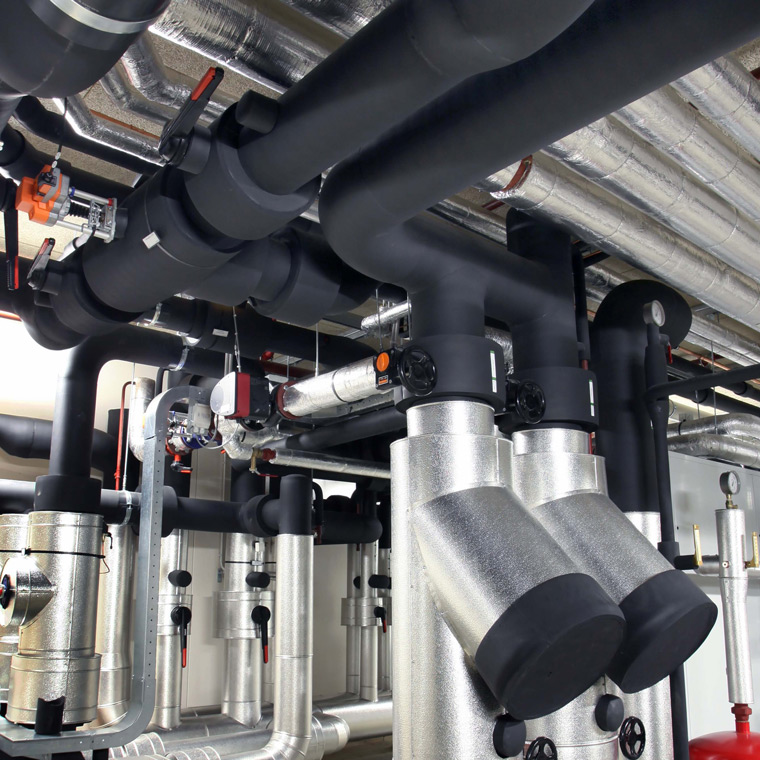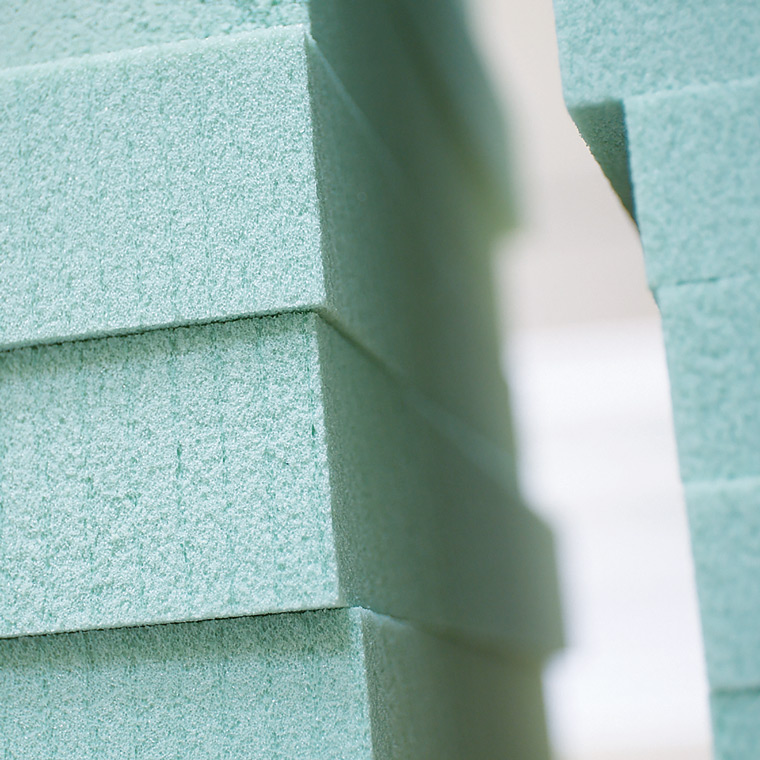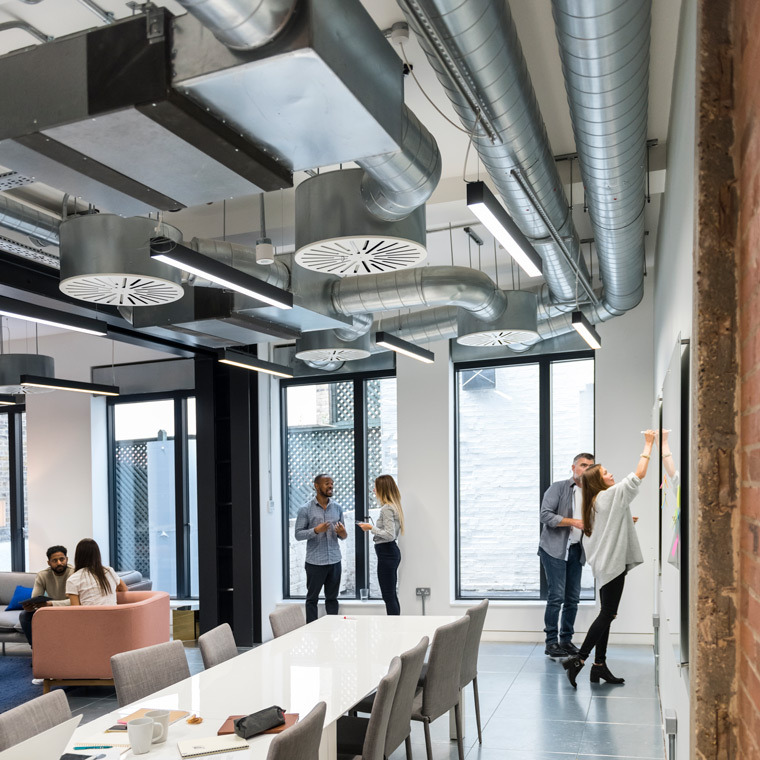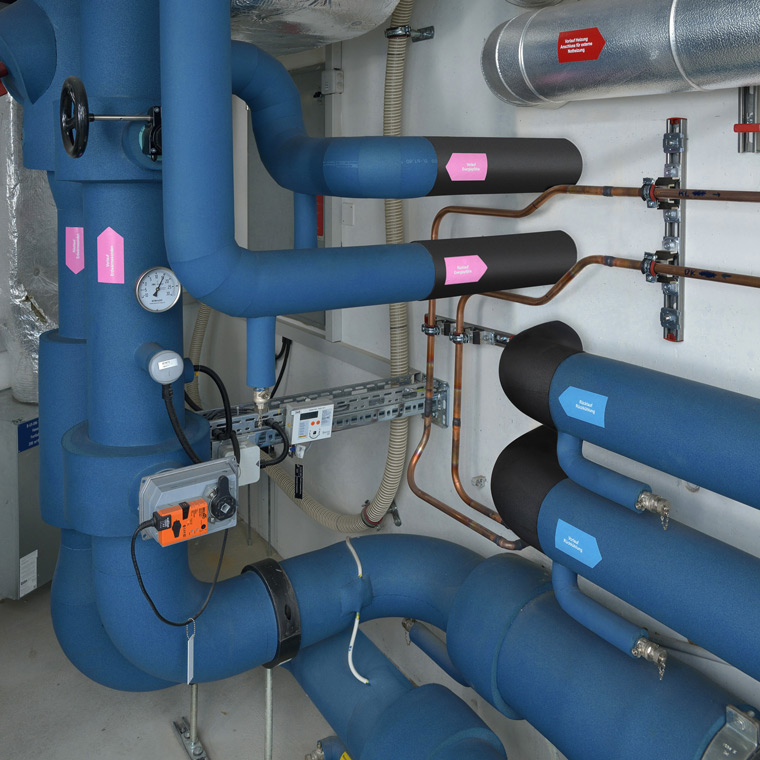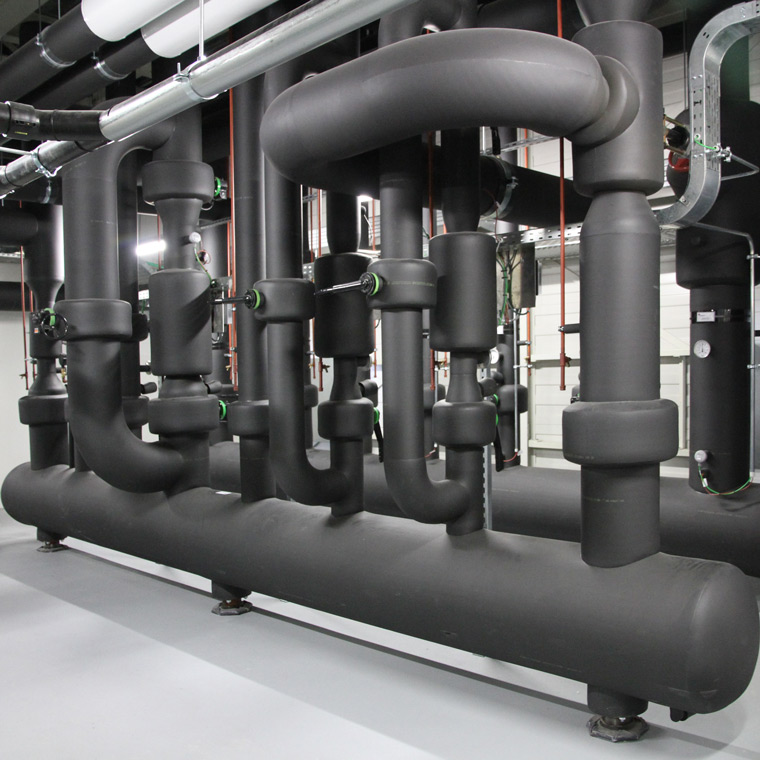Office Building
Shaping the office environment of tomorrow
The fine balance between comfort and efficiency
Office and multi-functional buildings have an important impact on our urban environment. With their growing functional and structural complexity, designing and managing these buildings efficiently means reducing their energy consumption without compromising the safety and comfort of occupants. More and more projects pursue LEED®, BREEAM® or DGNB certification to demonstrate the effort in shaping a more sustainable and efficient office landscape. Today’s building specifications encourage the use of advanced insulation materials that increase energy efficiency, improve acoustic comfort, contribute to good indoor air quality (IAQ) and enhance fire safety. By making use of closed-cell insulation materials, professionals can effectively reduce energy losses, leading to crucial resource savings, lower operating costs and shaping more comfortable work environments.
Achieve energy savings and lower overall costs
Almost 20 percent of the total expenditure for typical office buildings is spent on energy. A significant operational cost that deserves attention. Since modern practices can render office buildings up to 70 percent more efficient, there is still huge untapped potential for greater energy and cost savings. For example, it is often wrongly assumed that a well-insulated building shell is a sufficient means to prevent energy losses. But even in modern, well-insulated buildings, substantial energy losses occur due to uninsulated or poorly insulated technical equipment like piping and ducts. Through closed-cell insulation technology, it is possible to achieve considerable energy savings at comparatively little expense, reducing heat losses and improving HVAC system efficiency.
Enhance health and comfort at work
Architects, building developers and engineers have recognised the link between buildings and occupants’ health. As a result, they are designing places that enable workers to be more productive, less stressed, and less likely to fall sick. From preventing moisture on the technical equipment, unacceptable temperature fluctuations of water pipes and air-borne pollutants to enhancing protection against bacterial growth and increasing acoustic comfort, the right type of insulation is key for a healthy office environment. Flexible technical insulation with built-in antimicrobial Microban® additives provides a proactive protection against harmful bacteria, mould, and mildew. Meanwhile, acoustic insulation solutions, such as ArmaComfort®, improve sound attenuation within office spaces, contributing to a more productive and comfortable working environment.
Built-in fire resilience for a safer office environment
The potential risk of a fire in office buildings is often underestimated. If a fire strikes a commercial building, it can result in substantial losses, with smoke proving even more dangerous and costly than flames. Setting a new safety benchmark, ArmaFlex® Ultima, powered by the patented ArmaPreneTM technology, outperforms standard elastomers, exhibiting ten times less smoke alongside excellent flame resistance. Incorporating passive fire protection (PFP) into office planning is pivotal for safeguarding against the spread of fire and minimising smoke density for a safe evacuation. Our ArmaFlex Protect and ArmaProtect® systems feature firestop components that seal pipe penetrations in fire-resistant walls and floors, effectively containing fire and diminishing smoke propagation within the building. By integrating these advanced insulation and firestop solutions, engineers and planners fortify office facilities, ensuring a safer, more secure environment for all.
Protect cooling equipment in large buildings
Large office buildings often house intricate air conditioning infrastructure. As part of this, plant rooms provide safe and efficient hubs to the intricate networks of cooling and ventilation equipment. Planning plant rooms in such a way that heat transfer between the complex pipe- and ductwork can be minimised by optimal insulation is key to ensuring a high energy efficiency. Our flexible closed-cell insulation solutions for plant rooms not only preserve energy but also contribute to cost savings, making them an indispensable component of commercial buildings.





